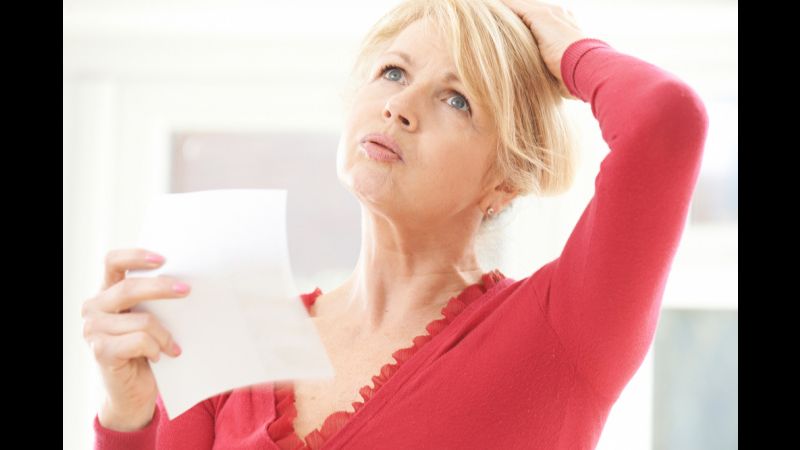No matter what age you are, it’s important to watch your weight. Carrying excess baggage can have a lot of negative long-term health implications from an elevated risk of stroke and heart disease to reduced mobility and impaired breathing. But for woman entering middle age, a new study adds incentive to shed a few extra pounds.
For women experiencing menopause, hot flashes can be an uncomfortable and even debilitating side effect. But according to Health Day, new research shows that losing weight can significantly reduce the impact of this unpleasant symptom.
Is It Hot In Here or Is It Just Me?
Hot flashes are one of the most tangible symptoms of menopause. Roughly 1/3rd of menopausal women will experience more than ten hot flashes a day. Breast Cancer.org describes a hot flash as a sudden and intense feeling of bodily heat, often accompanied by a rapid heartbeat, perspiration, dizziness, nausea or shortness of breath.
Hot flashes are caused by a drop in estrogen production, which confuses your body’s thermostat, the hypothalamus. The collective symptoms make for an unpleasant and disruptive condition.
What About My Weight?
Researchers explain that excess fat serves to insulate the body, which means that the heat created by hot flashes takes longer to dissipate in those carrying extra weight. The new study out of the University of Pittsburgh divided 40 obese and menopausal women into two groups. The experimental group was subjected to a weight-loss regimen while the control group engaged in no lifestyle changes.
According to WebMD, the findings revealed that those in the experimental group saw a dramatically diminished frequency and intensity of hot flashes. Researchers also noted that participants in this group were especially motivated to lose weight through diet and exercise by this lowered occurrence of hot flashes.
The study also showed that women in the earlier stages of menopause saw a more pronounced effect from weight loss than did participants who were further away from their final menstrual cycle. One reason for this impact, researchers suggest, is that women who are in the early stages of menopause or perimenopause still produce estradiol, a form of estrogen that eases hot flashes. By contrast, fat produces estrone, a form of estrogen that actually reduces the beneficial effects of estradiol.
What Does This Mean For Me?
Researchers concede that the small sample size of the present study opens the door for a similar study of a much broader scope. However, the findings are encouraging because they offer aging women a clear (though admittedly not always easy) path to improving the experience of menopause.
As you approach and pass your final menstrual cycle, your body will experience a host of changes. Most of these changes will be outside of your control. One thing you can control, however, is your weight. This applies not just to women who are nearing menopause, but to all women. Whatever your age, take steps today in your diet and exercise routine to keep a healthy weight. When you reach the age of menopause, you’ll be glad you did.

